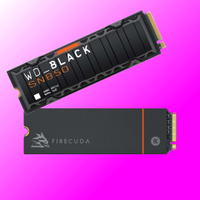I'm dumbfounded at the ridiculous designs at the Case Mod World Series this year
Mechs, retrofuturism, and… internal organs?
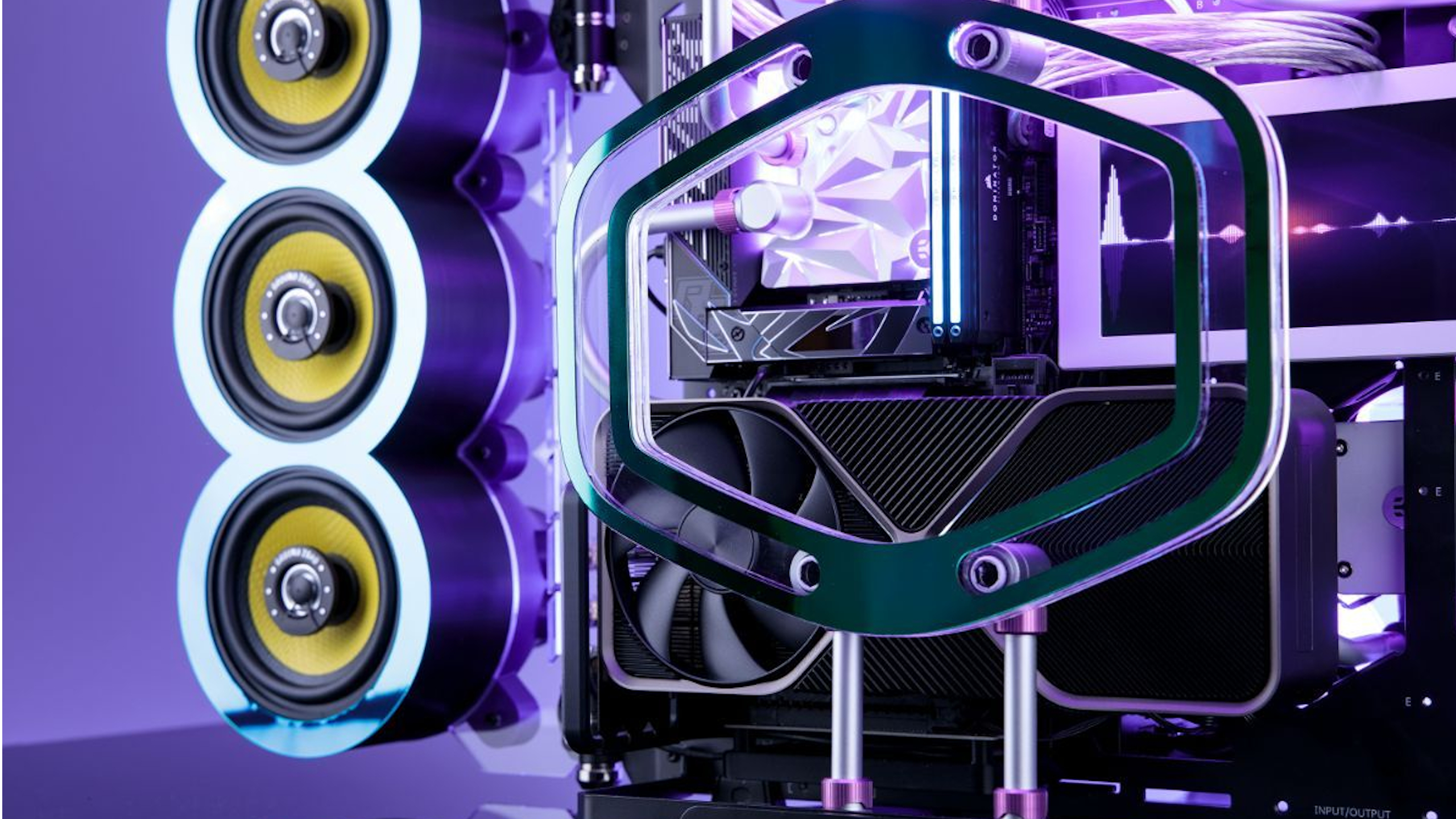
The Cooler Master Case Mod World Series is back in 2024, and winners have just been announced across the two categories—those being Tower Mod of the Year and Scratch Build of the Year. This year there are some exciting builds, not to mention confusing ones.
With Cooler Master's tagline "Make It Yours" lighting the way, PC modders from all over the world are encouraged to innovate in ways we humble PC gamers might only imagine in a fever dream. Created by the best of the best, I've collected the top three from each category below to show you just what top PC modders are capable of today.
So, if you're in the mood for some righteous tower mods, and intricate scratch builds, the contestants have really outdone themselves this year with gorgeous timber cases, RoboCop droid designs.
Amazingly, there's a distinct lack of Cyberpunk designs this year, which I'm happy about. One of the winners even exemplifies my favorite Sci-Fi aesthetic: retrofuturism, so maybe we're finally moving away from neon cooling loops and distressed urban safety stripes.
Scratch Build of the Year awards
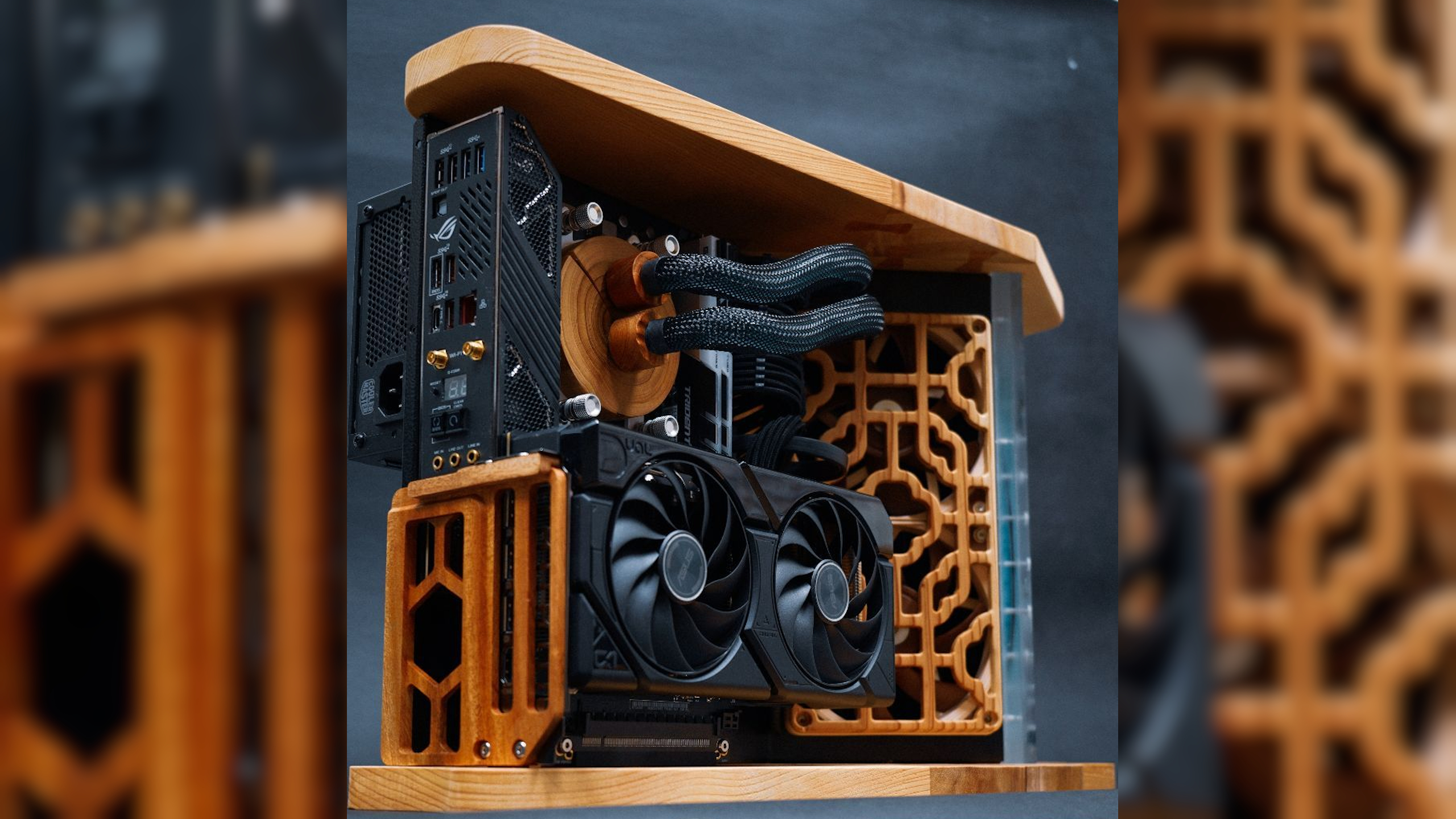
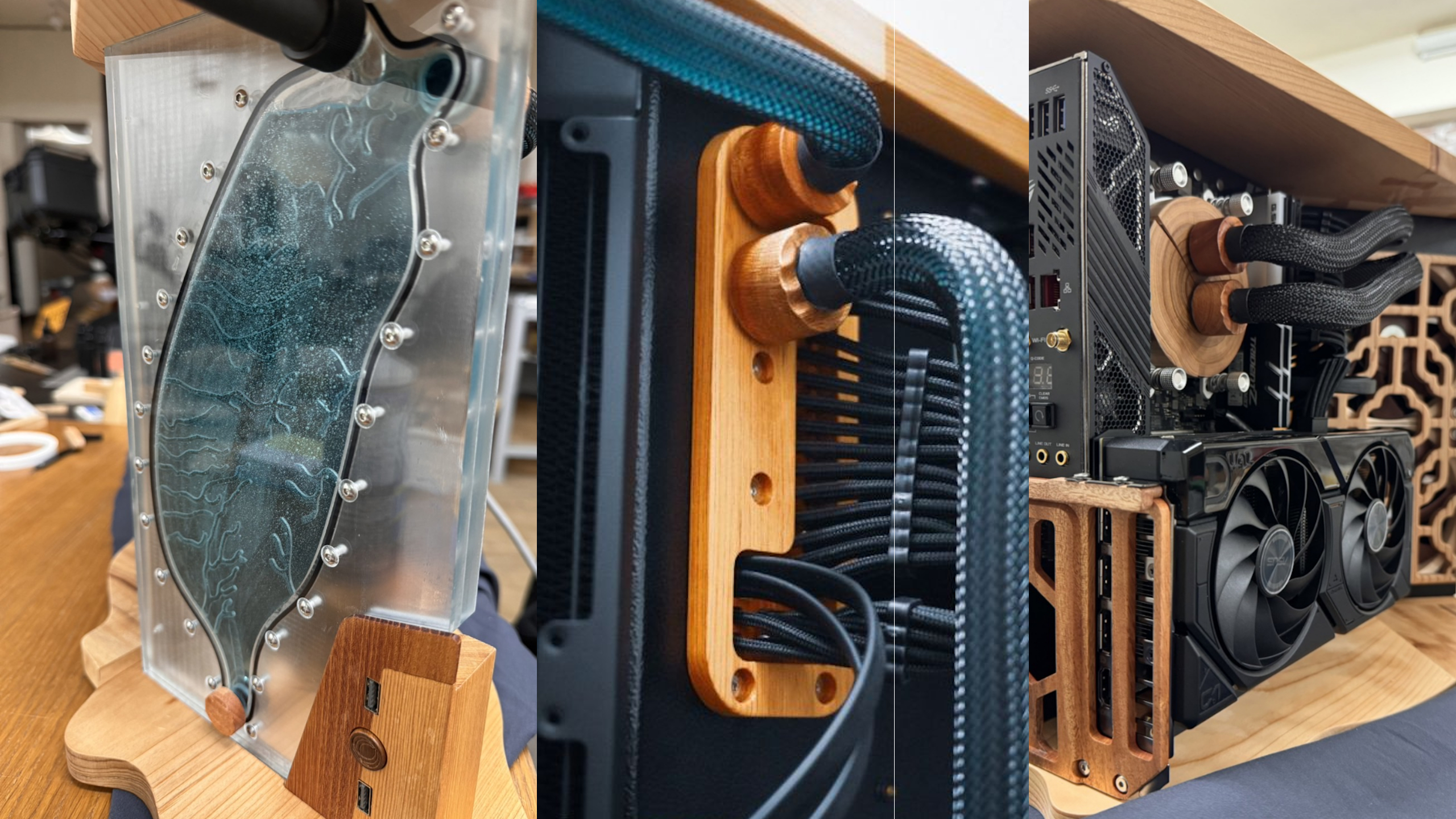
In first place for Scratch Builds, Kuan Sheng Wu of GS Studio's timber-clad scratch build comes in "celebrating Taiwan's natural resources". The design, called Taiwan Five Timber, involves minimal plastic usage. It includes five different types of wood, all significant to Taiwanese cultural heritage: Taiwan Incense Cedar, Taiwan Red Cypress, Camphor, Taiwan Fir, and Taiwan Cypress. The idea is to take us on "a journey through time that connects us to Taiwan's multifaceted history." That is drawing on the influence of Dutch and Japanese colonial periods, as well as classical Chinese window patterns, and honoring traditional folk craftsmanship.
It's such a beautiful build, though it took me a moment to realise the reservoir is meant to emulate the shape of Taiwan. I now cannot unsee some kind of internal organ when I look at Taiwan on the world map.
Still, it doesn't take away from the incredible craftsmanship of the build.
The biggest gaming news, reviews and hardware deals
Keep up to date with the most important stories and the best deals, as picked by the PC Gamer team.
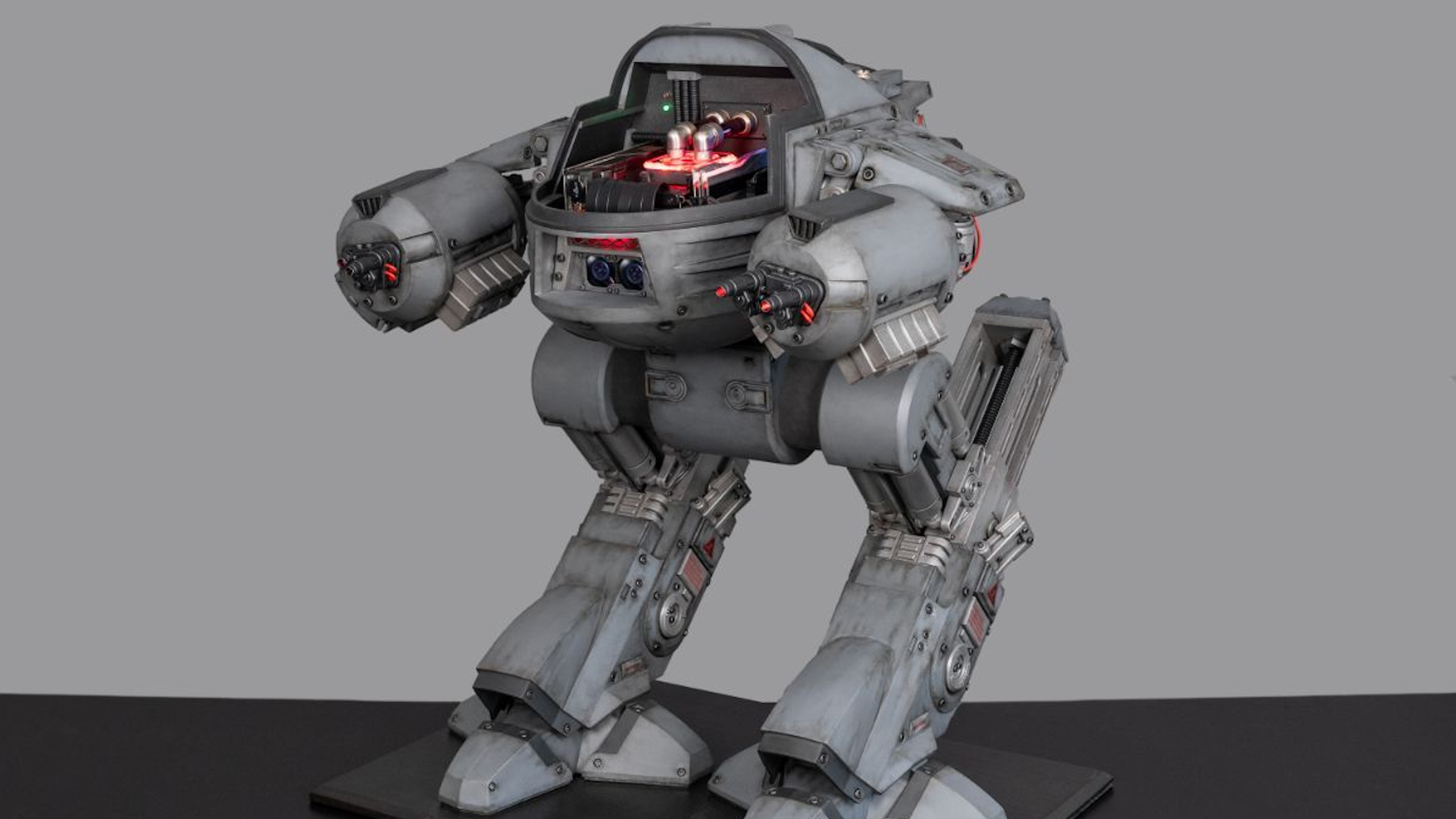
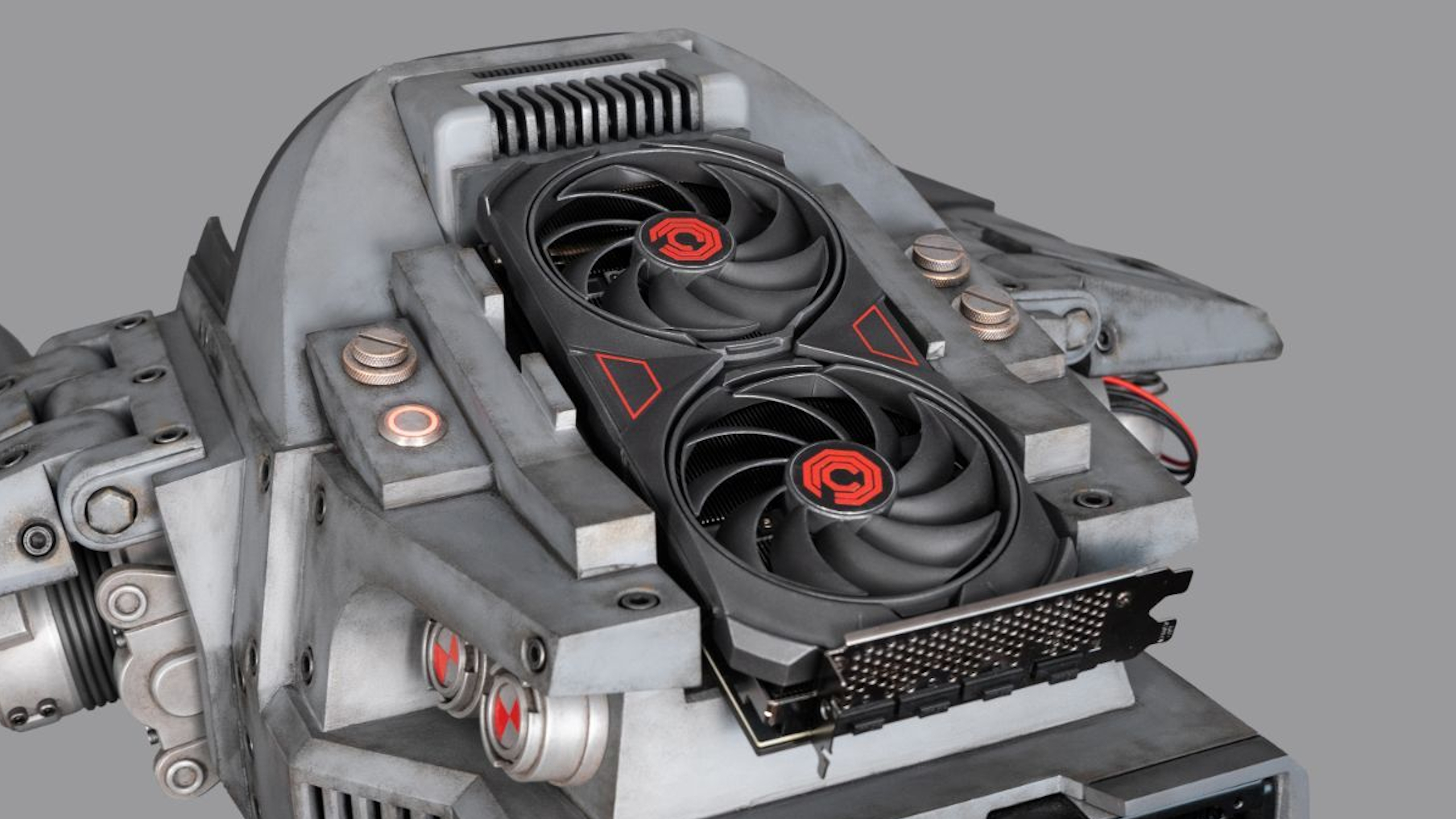
Random Design
In second place, Stefan of Random Design has hit us with a gorgeously rounded mech-looking design called ED-209, based around the Enforcement Droid from RoboCop. By placing the graphics card on the back, Stefan has managed to make its two fans look like an engine cooling system without blocking them up. The AIO cooler pipes and radiator integrate to look like a part of the droid's exhaust system, too.
Incredibly, the design is fully modular, meaning the head and legs can be disconnected for ease of transportation and later changes to the design. Each part was cast in a silicone mold with a resin and aluminum powder mixture to make the metallic pieces look as real as possible. With the addition of dry-brushing on oil and dirt marks, I think he's managed to hit the mark in terms of realism, and the droid is a lot bigger than I expected too, as seen standing next to Stefan in the photo. I'm not sure if it's some kind of Gandalf camera trick, but this thing looks huge—not sure what I was expecting with the size of graphics cards today.
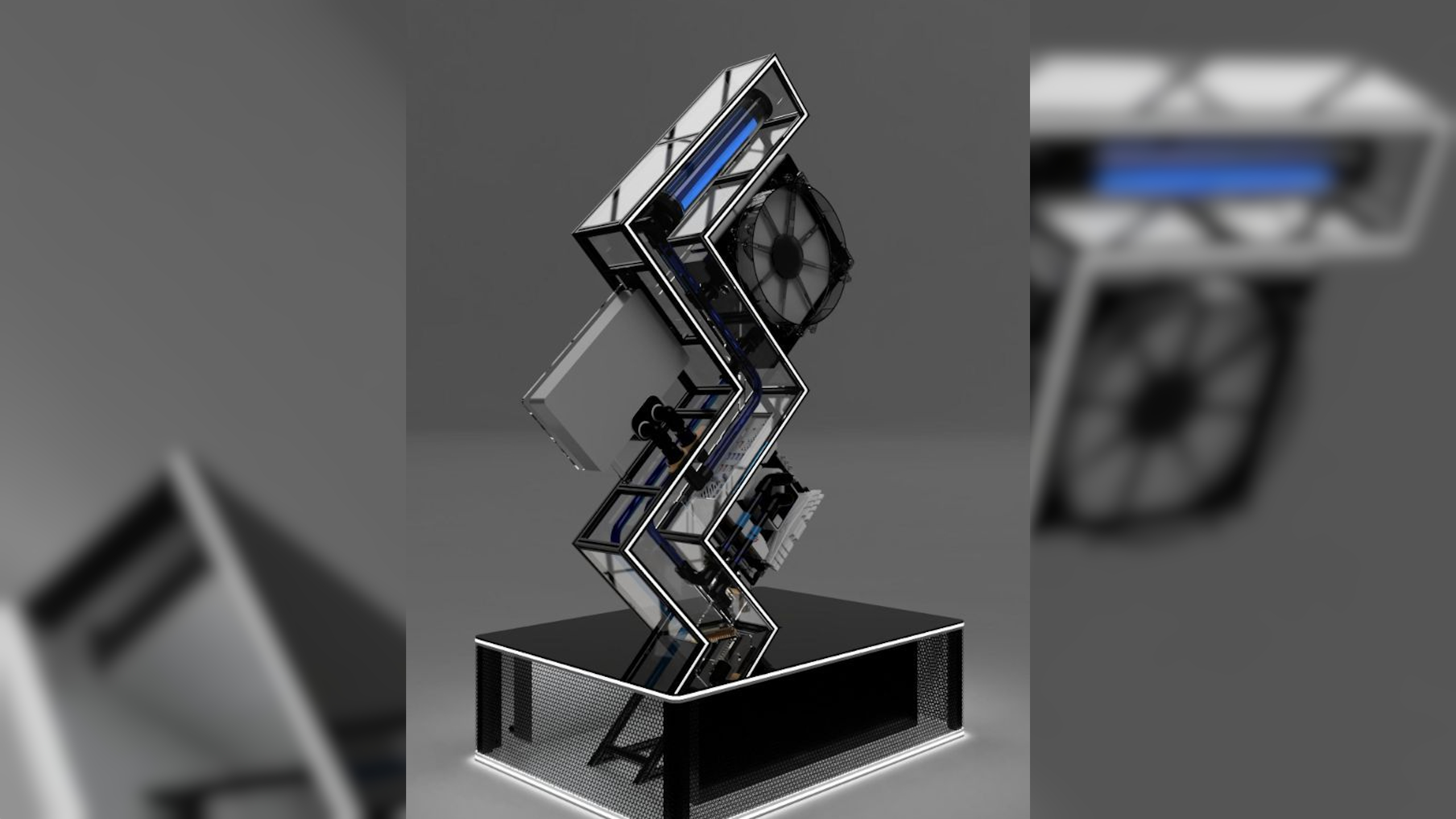
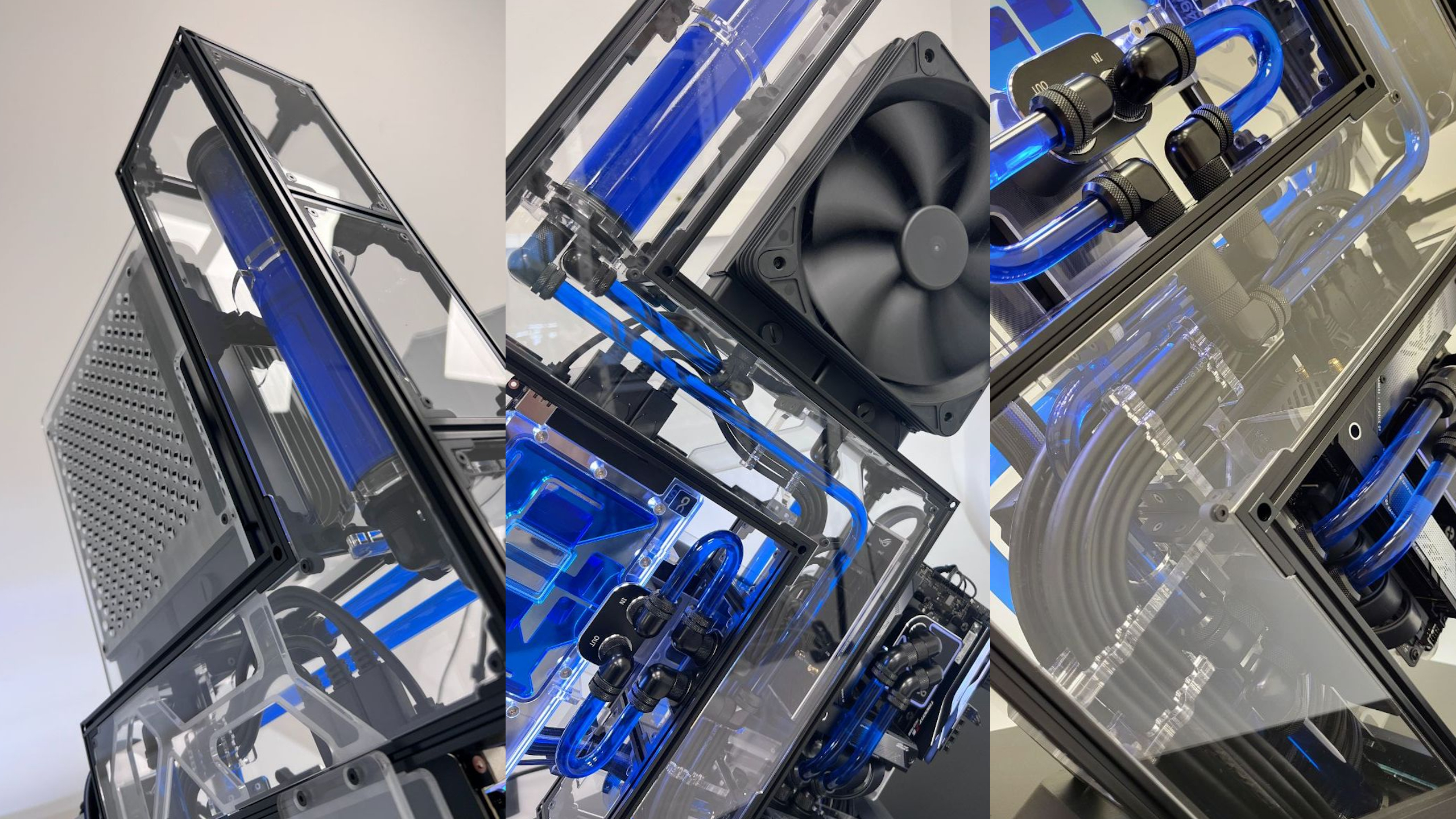
Third place is just as wacky, with Webhallen's Niklas Forsberg creating the W frame. It's an example of the extreme customisation available for water-cooled systems, that "shows off the components in a very dramatic way", i.e. a massive letter W. I assume the W is for Webhallen.
The idea is "not hide cables or tubes but instead highlight them in the main structure of the frame." It's a clever way to give those lovely pipe curves the entire limelight, without any other components getting in the way, while also repping the design collective.
Tower Mod of the Year awards

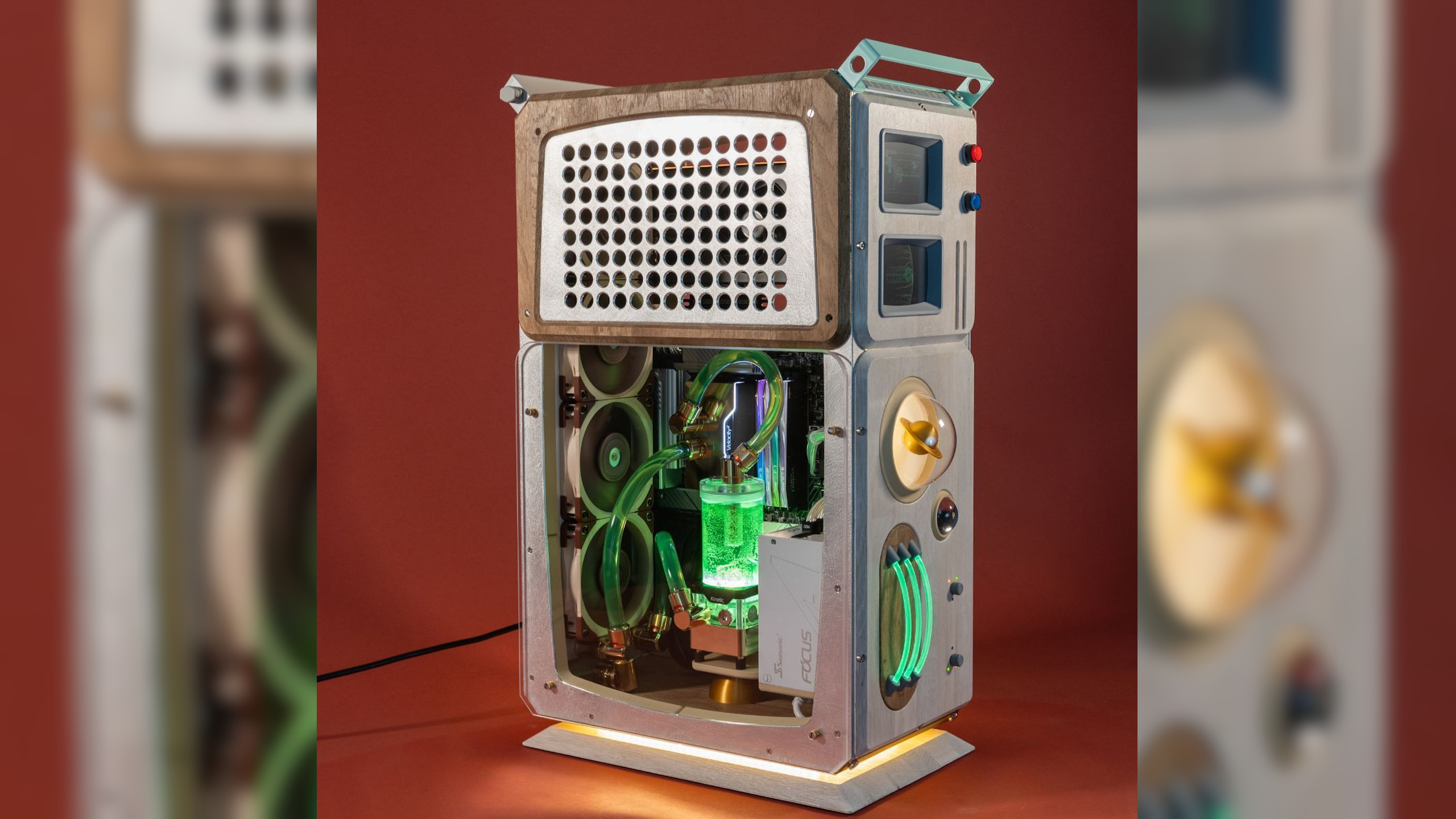
As for the Tower Mod category, we're looking at no less impressive feats. In first place Explore Modding's RETROFUTURE—yes, you need to shout it—is meant to be an "interactive Sci-Fi machine where you can find a new cool detail every time you look at it." Using the Cooler Master Qube 500 Flatpack PC case as a base, it pays tribute to retrofuturism with its features mimicking '60s and '70s design principles.
It keeps the original handles of the Cooler Master case, as well as the Circular grids/air vents for accessories and modules, and blends them into the design as they are essential to "the whole functionality and design identity of this case". It's a fascinating design, wrought with sci-fi intrigue, including little screens on the front and a tiny model of Venus embedded in an orb on the front. Why? Because it's cool, that's why.

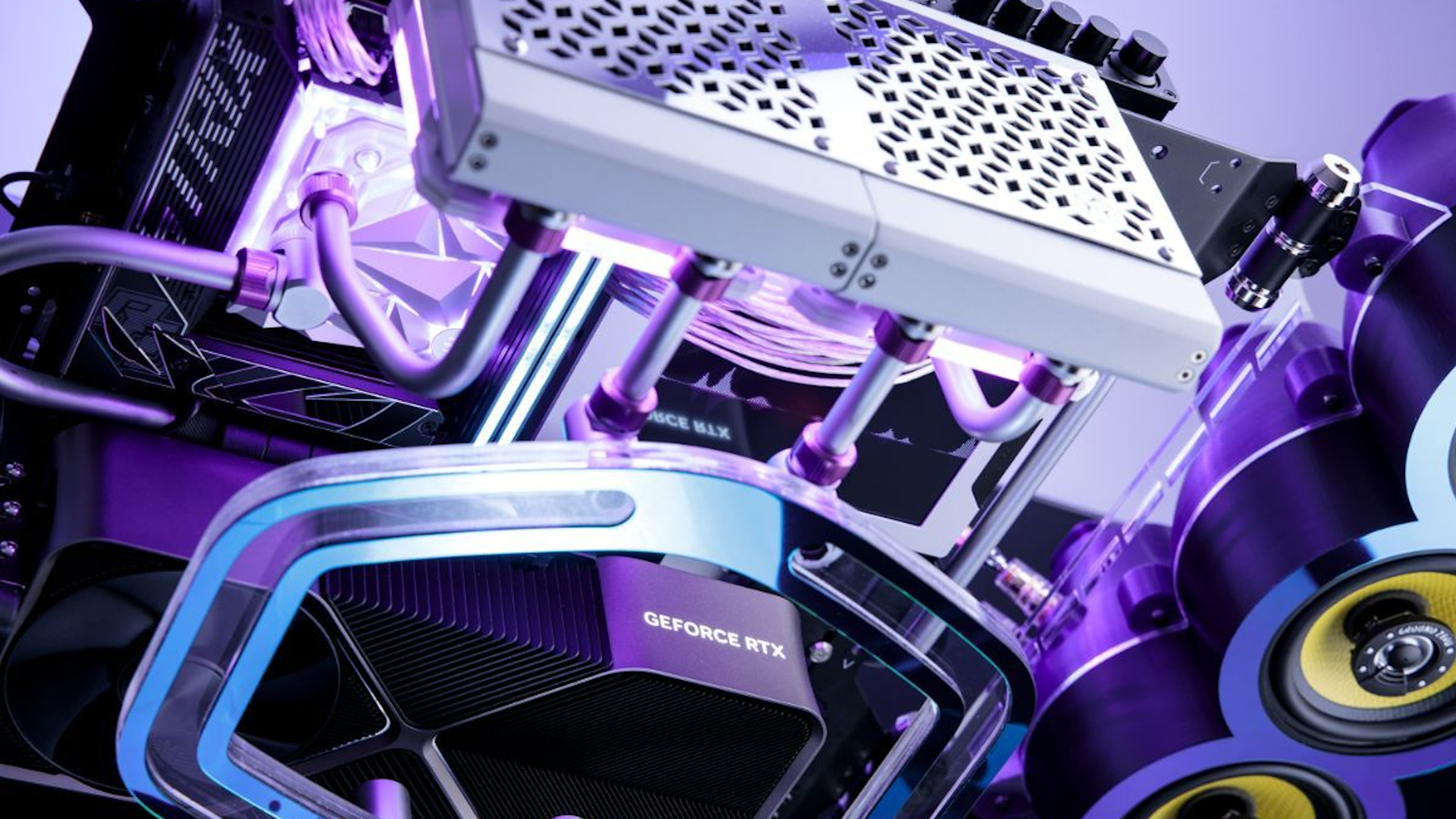
Tim Malmborg of Timpelay takes second place for the Tower Mods awards with Project-STAGE, which looks like some kind of transforming boombox drone if I'm honest. It's designed around the Masterframe 700 testbench, though it's been completely rebuilt using original parts.
On the back, he's even mounted a Samsung Freestyle FullHD projector, so it's not just a PC but almost a full setup in itself. That's not to mention the three Ground Zero stereo speaker arrays mounted either side of the main frame instead of cooling wings the base frame was rocking.
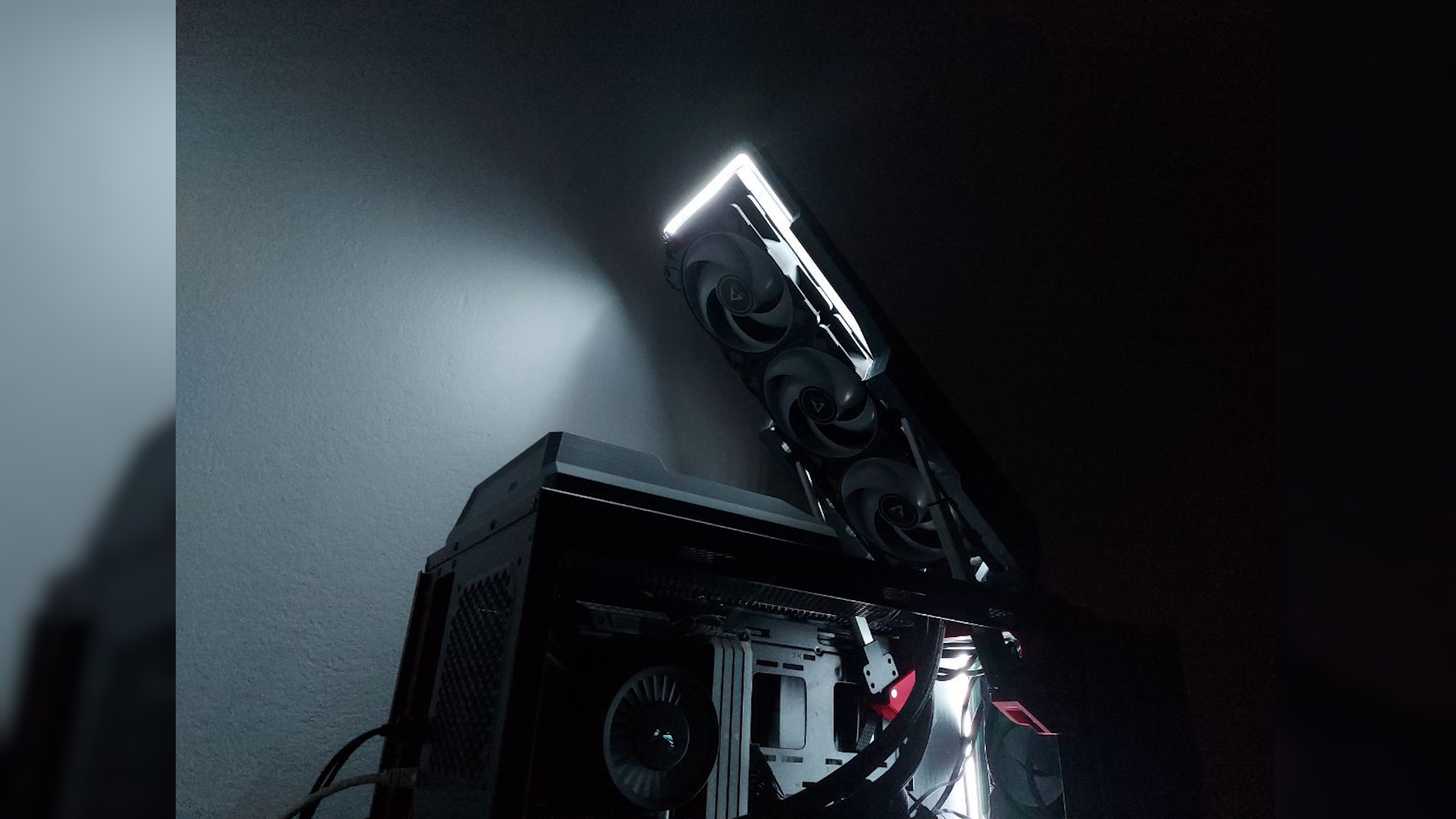
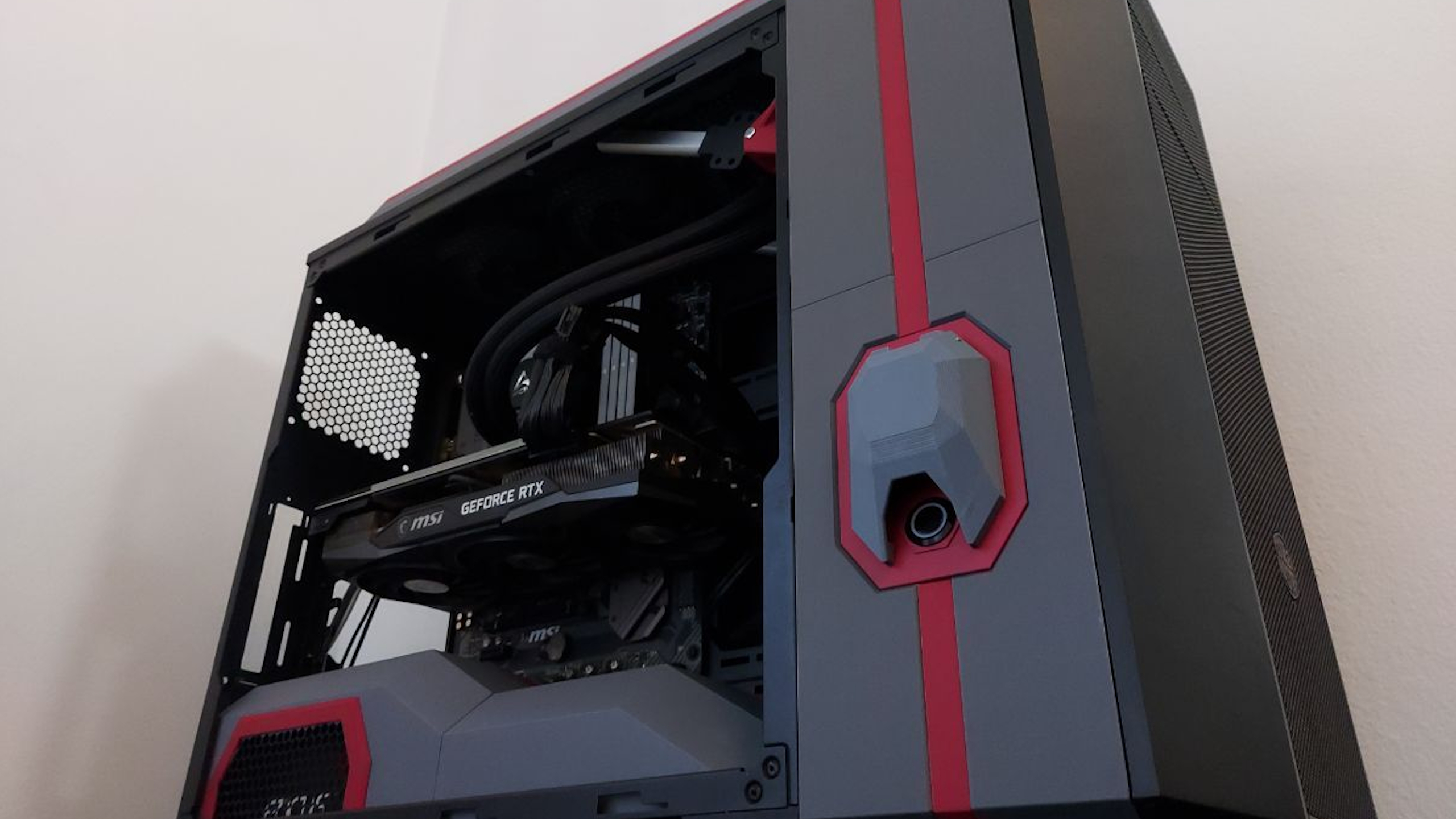
BOX 37 is Rúben Ferreira's design in third place, which features an "extension of the case's cross-section at the front", as well as a lifting mechanism for the GPU radiator to give it access to cooler outside air.
Essentially, the GPU is slapped on the top like a giant antenna-looking device with hex holes in it. There's some incredible 3D-printed solutions with this one, and a fantastic on-of flick switch topping it off.
Best SSD for gaming: The best speedy storage today.
Best NVMe SSD: Compact M.2 drives.
Best external hard drive: Huge capacities for less.
Best external SSD: Plug-in storage upgrades.

Screw sports, Katie would rather watch Intel, AMD and Nvidia go at it. Having been obsessed with computers and graphics for three long decades, she took Game Art and Design up to Masters level at uni, and has been rambling about games, tech and science—rather sarcastically—for four years since. She can be found admiring technological advancements, scrambling for scintillating Raspberry Pi projects, preaching cybersecurity awareness, sighing over semiconductors, and gawping at the latest GPU upgrades. Right now she's waiting patiently for her chance to upload her consciousness into the cloud.
